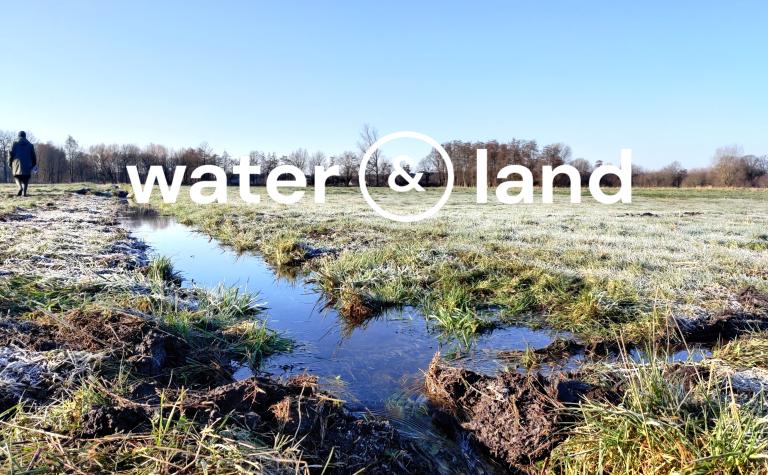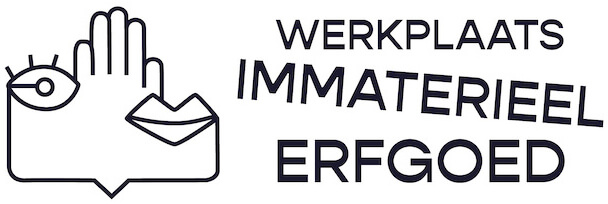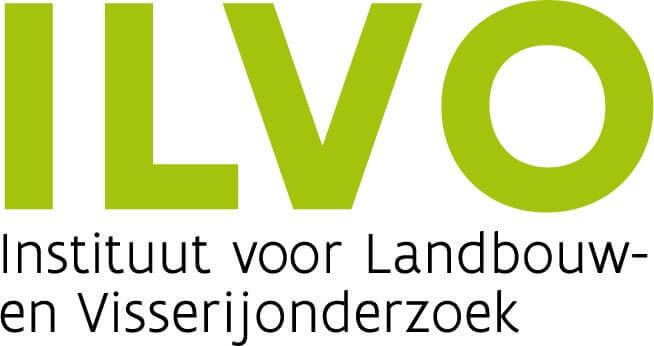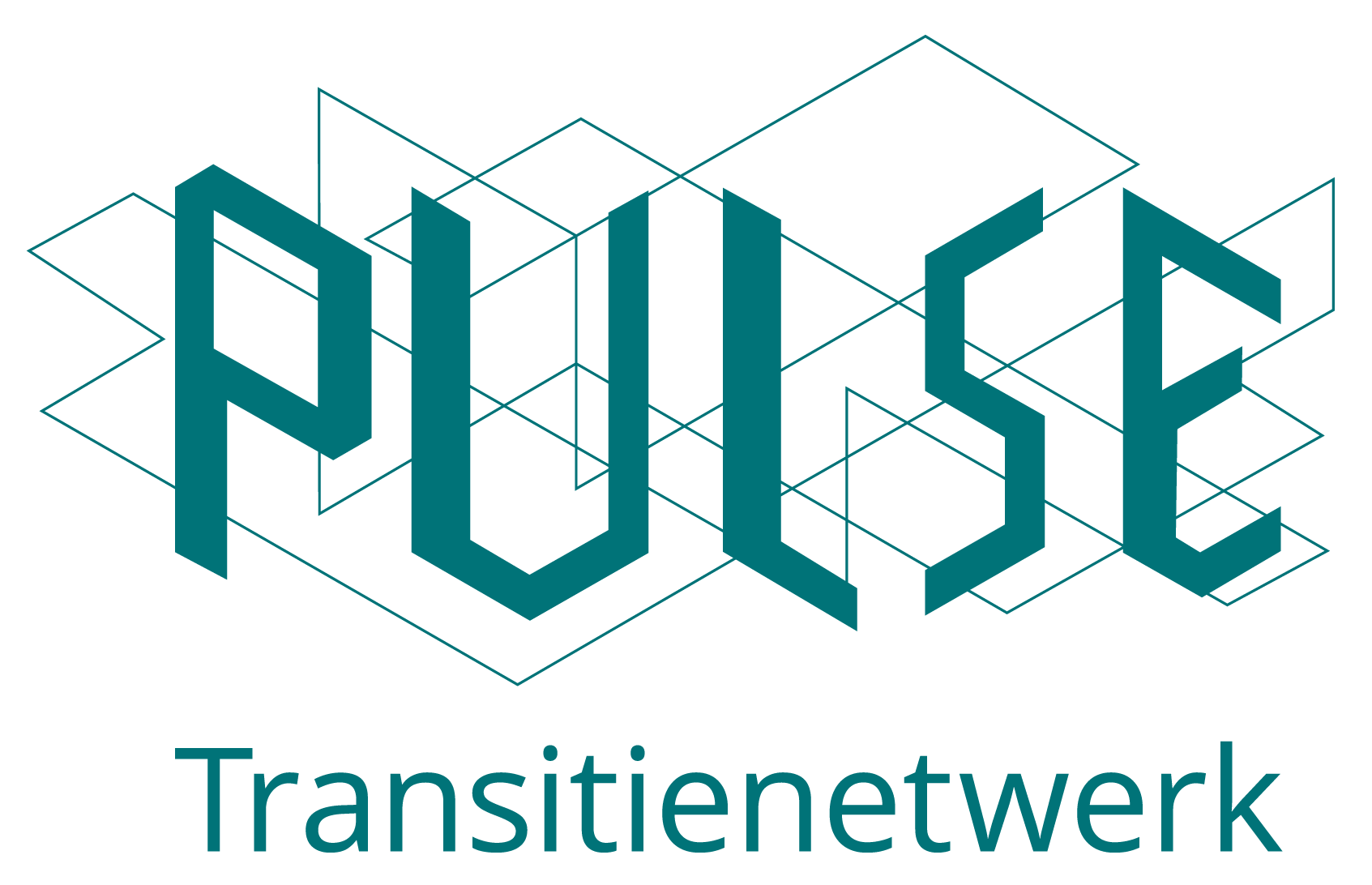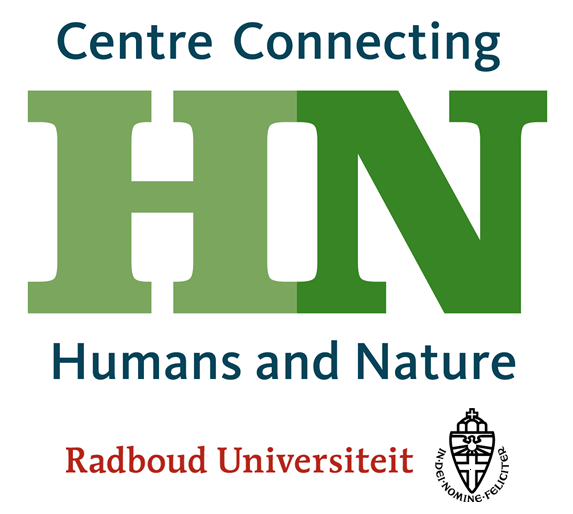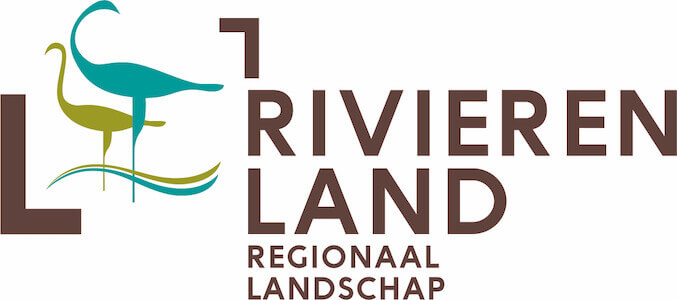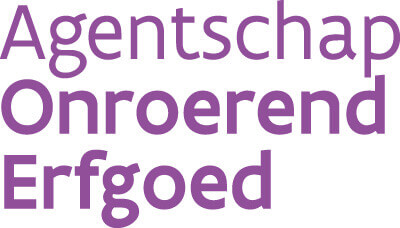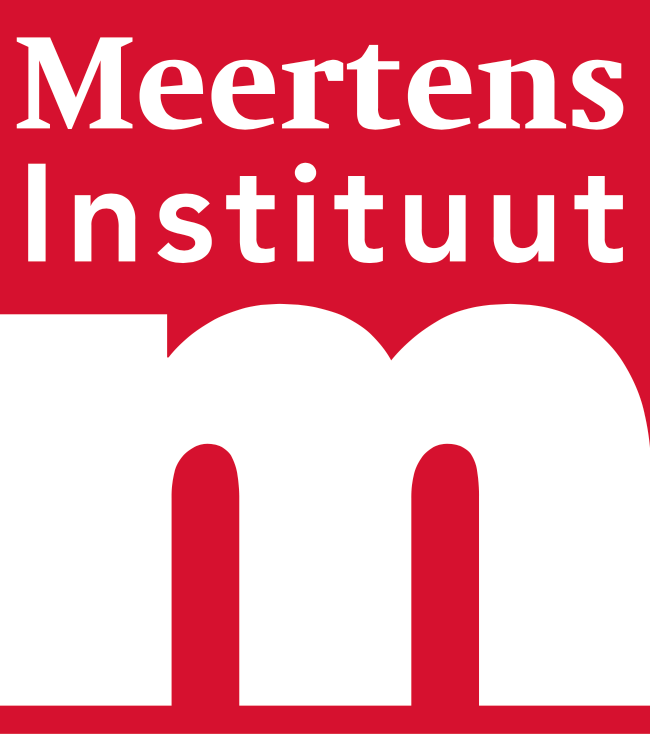*Call extended* Call for papers: Workshop on Living Heritage, ecological sustainability and climate action
The Centre for Agrarian History (CAG) and the Dutch Centre for Intangible Cultural Heritage (KIEN) invite Europe based researchers, practitioners, policymakers, and heritage professionals to participate in an interdisciplinary workshop in Leuven on 19-20 June 2025. We hope to foster connections that could lead to new initiatives and partnerships focused on environmental resilience across Europe.
In the face of accelerating climate change and declining biodiversity, local knowledge and heritage practices provide a wealth of strategies for sustainable resource management. This workshop offers a platform to explore how heritage-based approaches to water, biodiversity, and soil management can contribute to climate adaptation and sustainability, with a focus on European case studies and good practices.
This workshop is in line with the thematic initiative of the UNESCO Secretariat and the expert group on safeguarding intangible cultural heritage and climate change. It is also in line with the activities and goals of the Working Group ICH, climate change and the environment of the ICH NGO Forum. We seek to advance an integrated and multidisciplinary approach, connecting theory with practical application and bridging research, policy, and the work of community-based practitioners.
The workshop will showcase insights from researchers and include interactive sessions designed to foster knowledge exchange among professionals in fields such as rural environmental history, intangible heritage studies, agronomy, and climate policy.
We invite contributions from across Europe in two main formats:
- Research Papers and Theoretical Perspectives: Contributions from researchers, NGOs, and institutions that examine theoretical frameworks, case studies, or policy strategies integrating intangible heritage into climate adaptation. Topics of interest include, but are not limited to:
- How living heritage practices foster sustainability in water, biodiversity, and soil/agricultural management.
- Strategies for scaling and adapting heritage-based sustainability models across diverse European contexts.
- Practical Projects and Case Studies: Presentations showcasing community-based projects, government initiatives, and NGO-led approaches. We welcome case studies that illustrate concrete outcomes, challenges, and good practices in environmental resilience. Submissions are encouraged from practitioners and organizations across Europe, from those working directly within the field of intangible cultural heritage, as well as from governmental bodies and NGOs sectors exploring innovative approaches to environmental resilience.
By bringing together a diverse array of perspectives, we hope to exchange and inspire new ideas, encourage collaboration, and establish connections that fosters ongoing exchange and development in heritage-based climate action.
Submission Guidelines:
Please submit an abstract of approximately 300 words by 7 February 2025. Submissions should include the following:
- Title of the proposed presentation
- Author(s) & affiliation(s)
- Abstract (approximately 300 words) including the topic, the scope of the research or project and approach.
Notifications of acceptance will be sent by 15 February 2025. An overnight stay in Leuven will be arranged, and lunch and dinner will be provided for selected participants.

